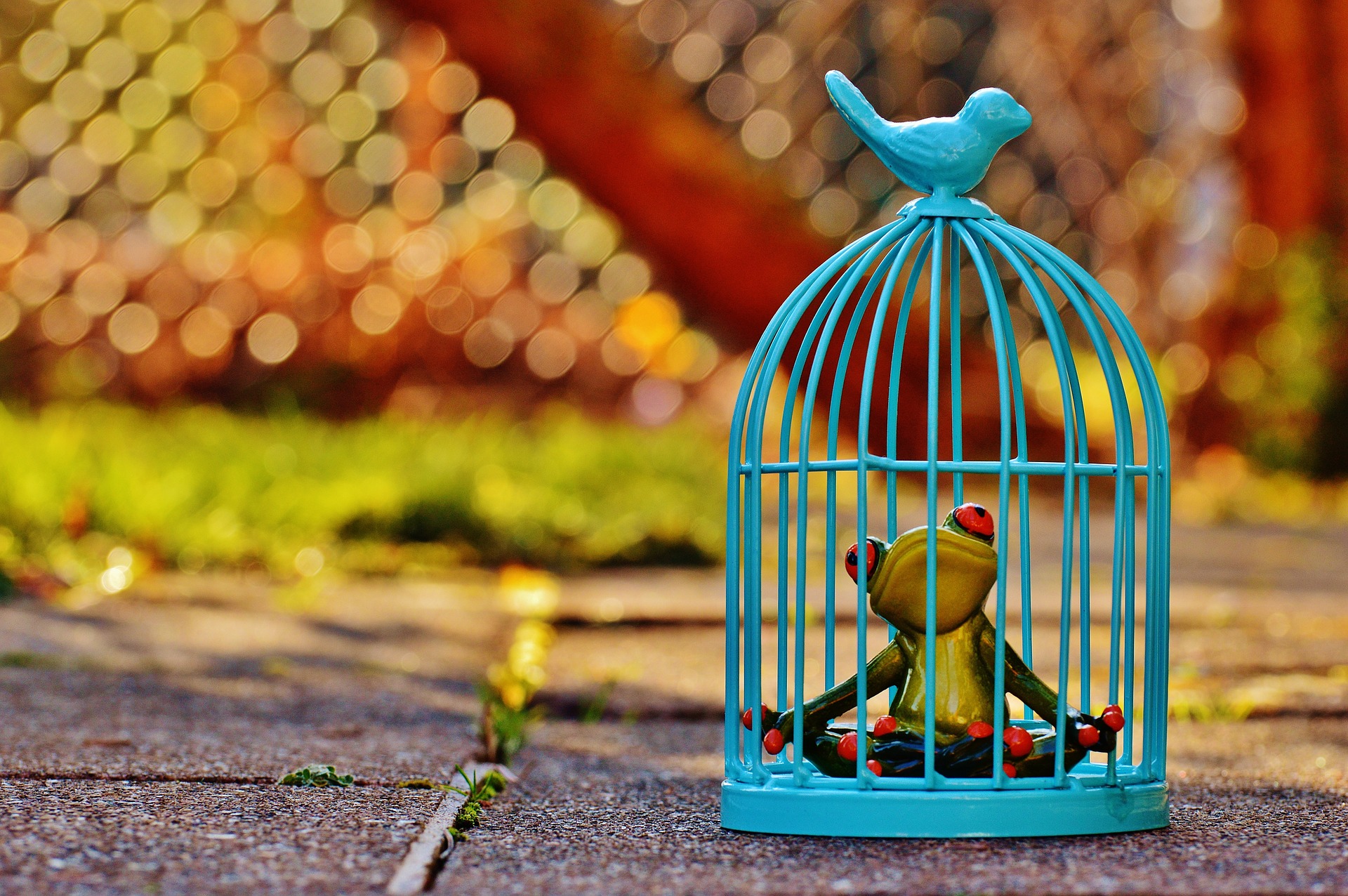Ground breaking recommendation for children of imprisoned parents

On the 4th of April 2018 - in Strasbourg the Committee of Ministers of the Council of Europe adopted a groundbreaking recommendation concerning children of imprisoned parents.
Children are often negatively affected when a parent is arrested or sent to prison. For the majority of those children it is an unexpected and unwanted separation, with a great societal impact as well. In some occasions small children even stay with their caregiver in prison, which might not always be in their best interest. So guidelines are necessary for an effective approach of children of imprisoned parents.
The content of the recommendation
The impact of a parents’ incarceration takes effect whenever a child is in contact with representatives of the criminal justice system. To be most effective the recommendation considers the rights and needs of children from the point of the parents’ arrest, through the criminal justice process, detention and after their parents’ release from prison. Their rights and needs – derived from the UN Convention on the Rights of the Child - must be considered and protected at each stage of the criminal justice process. This is a strong political message to the national authorities – of 47 member states - with regard to their policy and practice in the field.
Drafting a recommendation for the Council of Europe
The recommendation is one of the results of intensive networking at European and international level by people who are engaging at ground level with prisoners’ families. A group of professionals and academics from all over Europe are connected in the network Children of Prisoners (COPE, formerly EUROCHIPS, Paris), which is a leading non-governmental organization sharing good practices and ideas.
One of the members of COPE, prison director from Hungary, put his concern about children of imprisoned parents some time ago on the agenda of the Working group for Penological Co-operation (PC-CP) of the Council of Europe (CoE) in Strasbourg. This has been taken up successfully by the Directorat for Human Rights and Rule of Law. Kate Philbrick and I - both former chairpersons of EUROCHIPS - were invited as experts to draft a text for a recommendation and an added explanaratory report. We worked on it from February 2017 till November 2017 in close cooperation with Liz Ayre (Director of COPE), Aisling Parkes (CoE consultant for children’s rights) and the PC-CP Working group of the Council of Europe, which consists of people with a lot of experience in the field.
Security control seems often opposed to the interest of the child of the prisoner. However, shifting to the interest of the child as primary focus gives room to the argument that taking their interests seriously into account may actually provide a safer environment and be fruitful not only for children, but also for prison, prisoners and in the end society. Working together with people who know prison so well from inside made the drafting process very concrete and rewarding.
Next steps
The purpose of the recommendation is to draw attention, raise concern and promote appropriate action by the state and other bodies and institutions, such as schools and (social) media. Children of Prisoners Europe (COPE) will continue to develop comprehensive illustrated user-friendly guidance to all stakeholders, including, of course for children themselves.
More information on the guidelines to protect children of imprisoned parents
General information on children of prisoners can be found on childrenofprisoners.eu
More Law Blogs Maastricht